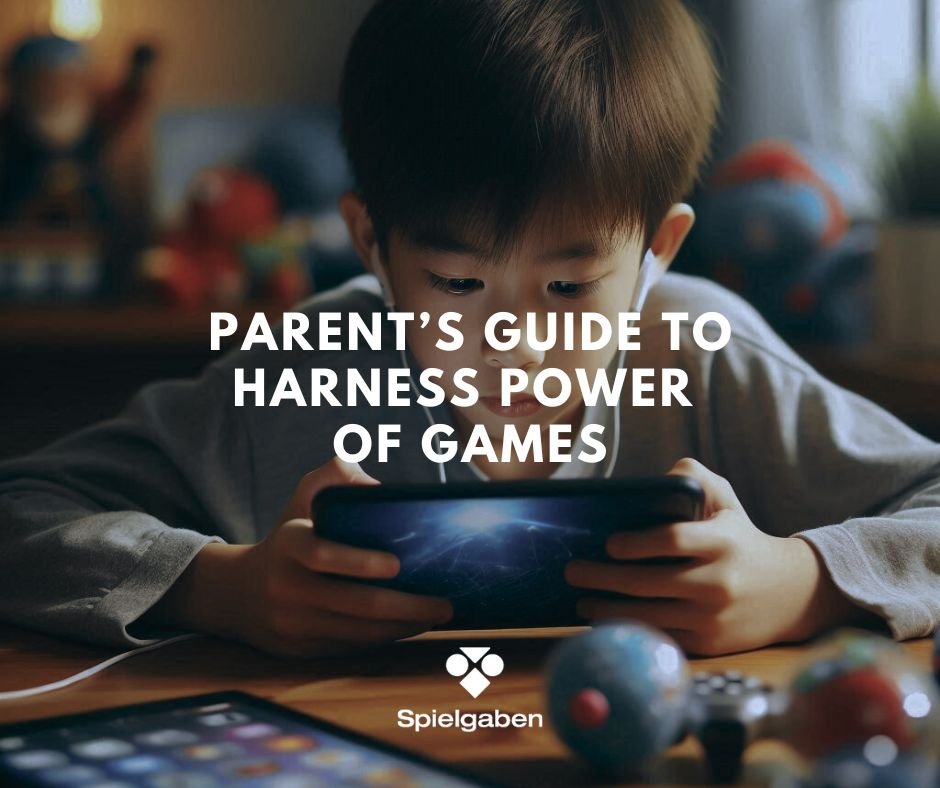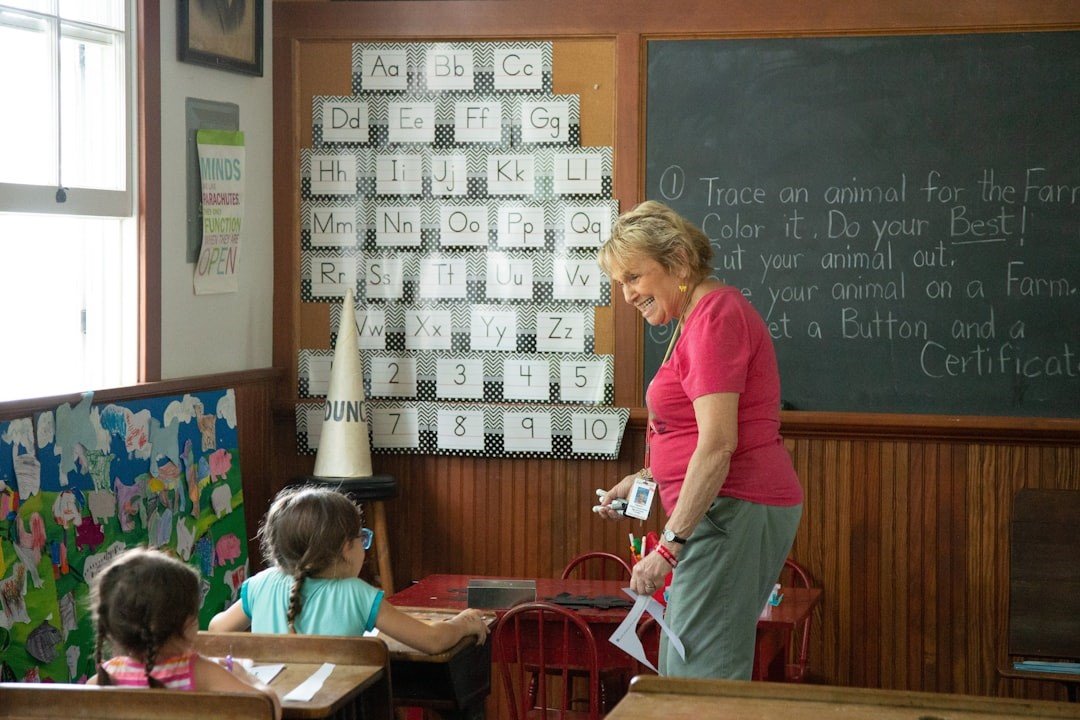Curiosity is Children’s Ultimate Power
Parenting is never easy, but our most important role is to help our kids become their personal best and make them ready for whatever life throws at them. Improving their curiosity & imagination increases those odds big time, but to do so we must step back, stop hovering over, and modify our parenting to our kids’ passions.
Albert Einstein, one of the world’s most creative geniuses once said, “I have no special talents. I am only passionately curious.”
Okay… Our goal is not to try and raise an Einstein, we can identify our kids’ curiosities and passions so they are eager to learn and let their imaginations soar.
Here are 6 great ways to improve the curiosity of our Children.
1. Offer creative heroes for your kids.
Children’s books with main characters who face problems and creatively solve them are great for discussing curiosity. For younger kids: The Curious Garden by Peter Brown, A story of Albert Einstein by Jennifer Berne, What Do you Do with an Idea? What Do you Do with a Problem? What Do you Do with a Chance? By Kobi Yamaha are great books to start with.
2. Limit Online Media & Technology.
A number of top tech gurus –including Steve Jobs, Christ Anderson, and Bill Gates strictly limited their children’s screen time. They worried that electronic devices will reduce curiosity. Decide what amount of time is appropriate for your children, and then set specific times when electronic devices are off-limits. You can also use screen-time-tracking and parental-control apps to monitor which devices are used for how long and by whom. Then replace those electronic media time for nurturing curiosity during the unplugged times.
3. Provide creative challenges.
Different thinking is a form of creativity that solves problems with originality instead of settling for conventional solutions. Proposing creative challenges helps children develop their creative abilities. Over time, it will inspire kids to take creative risks, think out of the box, consider multiple ways to solve problems, and contemplate “What if I do this… or try that?”
Offer needed materials such as open-ended materials, and then pose one weekly creative dare to your family by proposing the question “How many different ways can you…”
- Use a paper clip? (offer a box of paper clips)
- Move from here to there?
- Build something from a box full of wooden blocks
- Draw shapes from a line? (or triangle, square, rectangle, etc)
- Create things with cotton balls and strings
- User a paper bag, scissors, and marking pens
4. Encourage questions!
Did you know that curious kids generally ask seventy-three questions a day? Unfortunately, most children’s inquisitiveness peaks at age four because we discourage them, and so their questions diminish. Keep encouraging curiosity by encouraging their questions with four tips:
- Encourage: “I love your questions!” “Great thought!”
- Clarify: “Do you mean…?” Are you asking…?”
- Find the answer: “Great question. Let’s find out together.” “Let’s google It.” “Let’s go to the library.”
5. Play the solution game together with your older kids
Help older kids practice brainstorming by playing the solution game. The object is to generate multiple solutions to a problem.
Setting a time limit adds challenge: “Let’s see how many ideas we can come up with in five (or whatever) minutes.” Use a timer or cell phone stopwatch to keep track.
Appoint one child to tally responses and then compare them with previous games. Problems should be suitable for your children’s ages and can be real or make-believe.
What are no-cost ways to thank someone?” “What advice can you give the president to solve climate change?” Remind your child: “Don’t worry how silly your idea sounds. Say it, because it might spin off another idea that would be a very creative and doable solution.
6. Seek open-ended learning opportunities.
Curiosity flourishes with open-ended, hands-on, child-guided experiences. School possibilities might be project-based learning, outdoor education, design thinking, science projects, Drama, Art, Debate, Music, camps, or team sports. Also, join forces with like-minded parents and then create projects that match the interests and passions of your children.
Now we have gone through 6 great ways to improve the curiosity of our Children and let their creativity soar!
Just make sure whatever activity we propose your children do is child-directed.
Happy Parenting…
(Reference: Thrivers – Michele Borba, Ed.D, 2021)













LEAVE A COMMENT